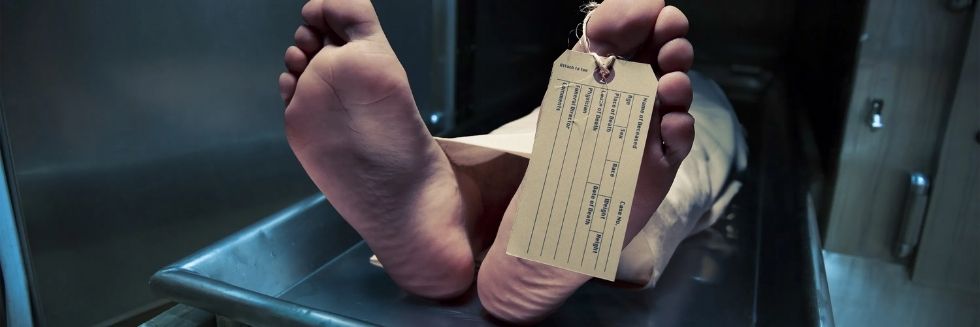A Session Court in Mumbai observed that regular taunts, insults, and restrictions do not drive a person to commit suicide unless done with a criminal mind to see that the person ends his or her life.
“The daily wear and tear of the family affairs wherein mother-in-law sometime complains that her daughter-in-law does not work properly,” the bench stated and granted bail to the 30-year-old Prashant Shelar and his 52-year-old mother Vanita Shelar on the charge of abetment to the suicide of Prashant’s wife Priyanka.
Additional sessions judge NP Mehta stated, “Their acts as alleged by prosecution witnesses in their evidence nowhere suggest that same would have forced Priyanka to commit suicide. Whatever is stated by prosecution witnesses in their evidence usually occurs in the daily life of women belonging to “lower strata of the society” to which Priyanka belonged.”
Prashant and Priyanka were in a relationship for over four years and got married on December 9, 2014. Reportedly, Priyanka committed suicide on January 16, 2015, within a month of her marriage.
Priyanka’s mother claimed that her daughter had complained about being harassed by her in-laws. She added that Prashant’s mother used to taunt her daughter over her dark complexion and would force her to wake up early in the morning and would not let her sleep properly. The deceased’s mother went on to complain that Prashant used to doubt her character and abuse her in filthy language if she ever missed his call.
She alleged that on the day of the incident, Prashant had called her and threatened her to not return home.
The court noted that the deceased was not allowed by Prashant to talk to others on phone cannot be a circumstance to infer that she was being harassed mentally and there was nothing on record to suggest that Prashant ever had caused danger to her life or health.
“The said factual circumstance cannot be termed as causing mental cruelty because it a natural phenomenon and same could be seen generally in this stature of the family to which both parties belonged,” the bench said.






